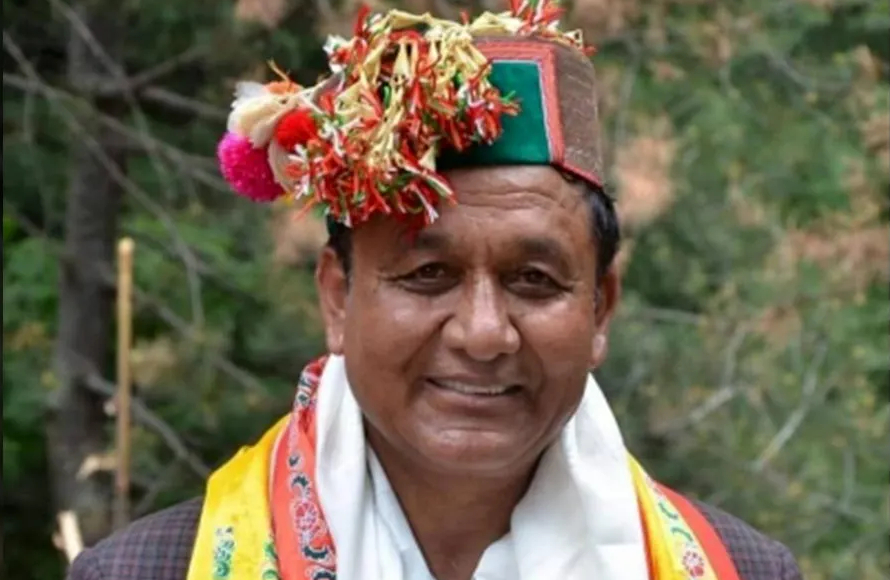Officials in the Indian state of Himachal Pradesh are intensifying the study of hemp’s potential for a broad range of medical and health applications, according to Revenue Minister Jagat Singh Negi.
Negi said a government-appointed committee is now exploring cannabis policy, looking at the market and revenue potential, and the possibilities for job creation through a robust hemp program.
The state envisions production of hemp as an input for bio-plastics and natural construction material, pharmaceuticals, ayurvedic products, textiles, food, and cosmetics, Negi said at a recent meeting of the committee in Shimla.
Policy study
The Himachal Pradesh committee is reviewing the impact of hemp regulation in the bordering state of Uttarakhand and in Madhya Pradesh in the central part of the country, where hemp programs are more advanced, with a goal to make the state a leader in attracting investment while raising the economic prospects for impoverished rural areas and capitalizing on hemp’s environmental benefits.
Agriculture in Himachal Pradesh is led by apples, in which the state is India’s leader. Farmers also produce potatoes, corn and other grains as well vegetables and other fruits.
Slow to develop
The hemp industry has been slow to develop in India, where the production and sale of industrial hemp products have been legal for several decades under strict rules in the 1985 Narcotic Drugs and Psychotropic Substances (NDPS) Act.
Under the NDPS, the cultivation of marijuana is illegal, but growing hemp plants with less than 0.3% THC is legal for industrial applications. However, states act independently, and many have yet to sanction hemp production.
In 2018, the Indian Council of Agricultural Research (ICAR) approved the cultivation of industrial hemp for research purposes in Uttarakhand. Since then, Himachal Pradesh, Uttar Pradesh, Madhya Pradesh, Jammu and Kashmir have initiated pilots, but commercialization has lagged.
Challenges
The Food Safety and Security Authority of India signed off on regulations in 2021, opening up markets for hemp grain in the food and beverage sectors. But India faces the challenge of a weak ecosystem for developing hemp food products, exacerbated by a gap in knowledge and understanding of the processes involved in bringing products to market. Observers say research is still in an early stage, and that consumers must still be informed and educated about hemp.
India and the Indian subcontinent are home to many indigenous varieties of cannabis. However, quality hemp planting seeds are in short supply, and genetics for cultivation seed to produce grain for food still need to be developed.

